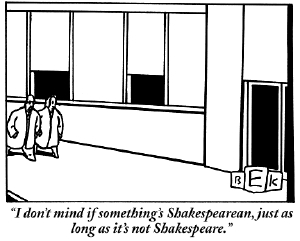T C A Srinivasa-Raghavan, 'Padmavati controversy once again
exposes history's Achilles Heel’:
“ ....In India, the extent of KGB funding of the Congress,
as revealed by Vasily Mitrokhin, has been glossed over entirely. Ditto for the
role of the CIA...”
(Business Standard, November 19 2017)
D. K. Barooah, Congress president, c 1974:
"Indira is India, India is Indira"
हे नंतरचे अर्थातच लहानपणीच वाचले होते पण हे कसे सुचले याबद्दल clue यावर्षी मिळाला.
Yu Hua, 'China in Ten Words', 2011:
"...In my childhood years “the people” was just as marvelous an
expression as “Chairman Mao,” and when I first began to read, these were the
first words I mastered; I could write them even before I could write my own
name or the names of my parents. It was my view then that “the people are
Chairman Mao, and Chairman Mao is the people.”
That was during the
Cultural Revolution, and I marched about
proudly sharing this insight with everyone I met. They responded with dubious
looks, apparently finding something problematic about my formulation, although
nobody directly contradicted me. In those days people walked on eggshells,
fearful that if they said anything wrong, they might be branded a
counterrevolutionary, endangering their whole family. My parents, hearing of my
discovery, looked equally doubtful. They eyed me warily and told me in a
roundabout way that they couldn’t see anything wrong with what I’d said but I
still had better not say it again.
But since this was my greatest childhood insight, I couldn’t
bear to hush it up and continued sharing it with the world at large. One day I
found supporting evidence in a popular saying of the time, “Chairman Mao lives
in our hearts.” I took this to its logical conclusion: “Chairman Mao lives in
everyone’s heart, so what lives in Chairman Mao’s heart? It has to be the
entire people.” Therefore: “The people are Chairman Mao, and Chairman Mao is
the people.”
Those doubtful looks among the residents of my little town
gradually dissipated. Some people began nodding in approval, and others began
to say the same thing—my little playmates first, and then grown-ups, too.
But I felt threatened when lots of people started saying,
“The people are Chairman Mao, and Chairman Mao is the people.” In a
revolutionary era one cannot claim a patent for anything, and I found my status
as inventor was being steadily eroded. “I was the first one to say that,” I
would declare. But no adults set any store by my claim of authorship, and in
the end even my young companions refused to accept that I deserved credit. Faced
with my strenuous arguments or pathetic pleas, they would shake their heads:
“No, everybody says that.”
I was upset, regretting bitterly that I had made my
discovery public. I should have stored it forever in my own mind, safe from
anybody else, keeping it for myself to savor my whole life through..."
..










